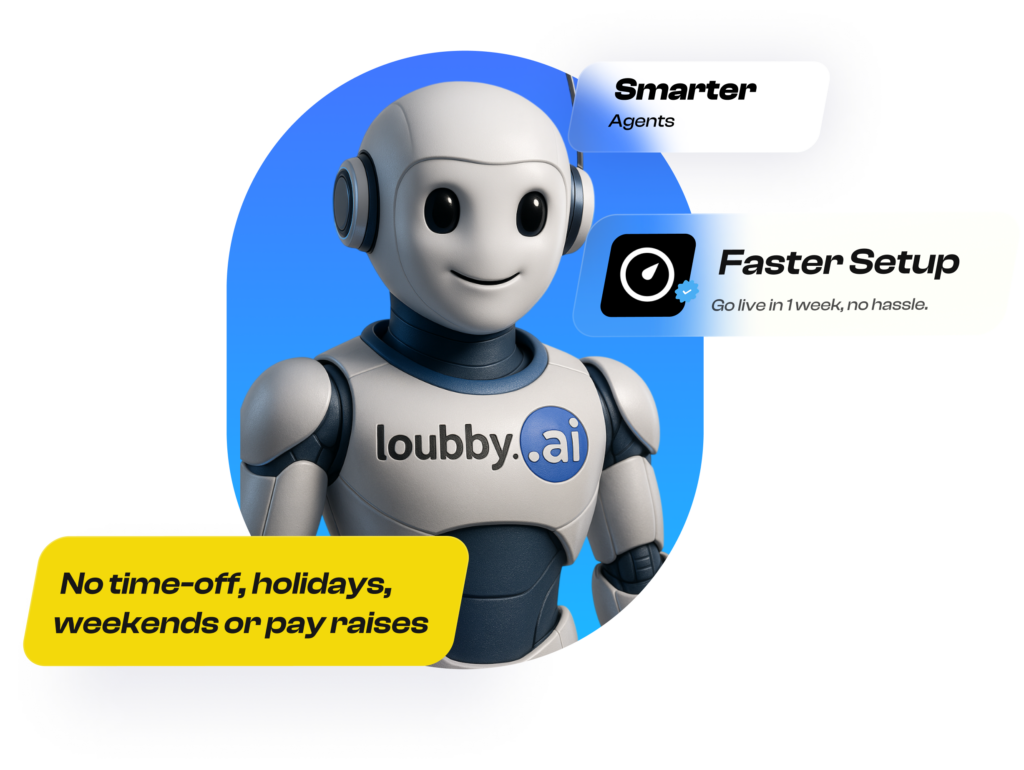Managing remote African employees effectively requires the right combination of tools designed to overcome unique challenges across the continent. If you’re toggling between multiple apps just to track hours, communicate, and process payroll, you’re not alone. Whether your team started with one remote worker in Lagos or has grown to fifteen spread across six African countries, managing remote work tools can quickly become overwhelming without the right solutions tailored for Africa’s diverse environments.
One person uses WhatsApp. Another prefers email. Your time tracking happens in a spreadsheet that three people forgot to update last week. Payroll takes two days every month because you’re manually calculating hours, conversions, and taxes for multiple countries.
This is where most companies get stuck. They use the wrong remote work tools for African teams and wonder why nothing works smoothly. The good news? You don’t need to figure this out alone. The right tools for managing remote African employees make everything easier.
Why These 10 Tools Matter for Managing Remote African Employees
Managing a remote team in Africa isn’t the same as managing one in North America or Europe. The challenges are different, so your tools for managing remote African employees need to be different too.
According to research from Bayobab, internet speeds vary widely across African countries. A tool that works perfectly in New York might be unusable in Accra when the connection drops. Mobile-first remote work tools matter because many African professionals work from their phones more than their laptops.
Payment complexity is real. Sending money across African borders takes longer and costs more than it should. Hire Talent Africa notes that traditional payment platforms either don’t work in certain countries or charge fees that make small payments impractical.
Each African country has different labor laws, tax requirements, and employment regulations. You end up spending hours researching rules instead of building your business. The tools for managing remote African employees you choose need to handle all of this without making your life harder.
Essential Tools for Remote African Teams
Slack remains one of the best remote work tools for team messaging. It works well on mobile, handles poor connections better than most tools, and lets people catch up on conversations when connectivity improves.
Create channels for different projects and topics. Use threads to keep conversations organized. The free version works fine for small teams. Paid plans add better search and more storage.
Google Workspace covers your document collaboration needs. Docs, Sheets, and Slides let multiple people work on the same file. Changes save automatically, so you don’t lose work when connections drop.
Here’s what many companies get wrong: they think more video calls mean better communication. For African teams, that’s often false. Video calls require stable connections and drain data. Use video for important discussions. Handle everything else through written messages. You’ll find cultural sensitivity matters more than communication frequency when building strong remote teams.
Top Project Management Tools for Managing Remote African Employees
Asana helps you see what everyone is working on without micromanaging. Create projects, assign tasks, and set deadlines. Team members update their progress, and you can check status without sending messages every day.
Trello takes a simpler approach with cards and boards. You create columns for different stages and move cards as work progresses. Some teams prefer Trello’s visual style over Asana’s list format.
Both tools support asynchronous work. People can update tasks on their own schedule. Someone in Cape Town can update their work at 8 AM their time, and someone in Cairo can see it when they start work at 10 AM their time.
Time Tracking and Payroll: Key Tools for Managing Remote African Employees
Toggl Track makes time tracking simple. Click to start a timer when you begin work. Click again when you stop. The mobile app syncs with the desktop version, so people can track time however they work.
Time tracking protects both you and your employees. It shows who’s overworked and needs help. It proves hours worked when processing payroll. Remote work trends for 2025 show that companies using automated time tracking report 40% fewer payroll disputes.
Loubby AI includes built-in time tracking as part of its workforce management platform. Employees clock in and out through the app. Everything feeds directly into payroll processing, which eliminates manual work. This is one of the most valuable remote work tools for eliminating spreadsheet chaos.
Payroll Solutions for African Teams
This is where most companies struggle with African remote teams. Payroll looks simple until you’re dealing with six different countries, multiple currencies, and varying tax rules.
Loubby AI solves this by handling payroll and compliance across African countries in one platform. You hire someone in Nigeria, and the system already knows Nigerian tax rules and payment methods. Add someone in Kenya, and it handles Kenyan compliance automatically.
The platform processes payroll with built-in tax calculations. It generates digital paystubs for employees. It handles payment routing through local channels, which reduces fees and speeds up transfers.
Here’s what this actually means: instead of spending two days every month wrestling with payroll, you spend 30 minutes reviewing and approving. Loubby AI streamlines the entire hiring process, from recruitment through onboarding.
Workpay offers another option if you only need payroll without the full HR platform. It works across multiple African countries and handles local compliance. According to Workpay’s platform, they process payments in over 20 African countries with local currency support.
Video Conferencing Tools for Remote Teams
Zoom handles video calls reliably, even when connections aren’t perfect. It adjusts video quality based on available bandwidth. The free version gives you 40 minutes per meeting.
Google Meet works well if you’re already using Google Workspace. It’s integrated with Calendar, so scheduling is simple.
Always have a backup plan. Start with video, but make it easy to switch to audio if someone’s connection struggles. Cynoia’s research on African remote teams suggests scheduling video calls during times when internet is typically more stable. Keep meetings focused and time-limited.
Document Storage Solutions
Google Drive gives you cloud storage that works across devices. Everyone on your team can access files from their laptop, tablet, or phone. The free version includes 15GB of storage per person.
Dropbox works similarly, but some people prefer its interface. Both remote work tools offer mobile apps that work well on African mobile networks.
One tip: Organize your folders clearly from the start. Create a logical structure that anyone on your team can navigate. Name files descriptively.
Performance Management Systems
Loubby AI’s Performance Management module lets you set goals, track progress, and conduct reviews without the paperwork nightmare. Employees can see their goals and update their progress. Managers can give feedback regularly instead of waiting for annual reviews.
What matters more than any remote work tools is regular feedback. Don’t wait for formal reviews to tell people how they’re doing. The best remote work culture includes frequent, clear communication about performance.
Employee Engagement Platforms
Donut connects team members for virtual coffee chats. It randomly pairs people and sends calendar invites. This helps remote employees get to know colleagues they don’t work with directly.
Recognition tools let people call out great work publicly. Someone solved a tough problem? Give them kudos. Public recognition costs nothing and matters more than you’d think.
The biggest cultural mistake with remote African teams? Treating them like they’re all the same. Your team includes different countries, languages, religions, and traditions. Learn about these differences. Don’t schedule important meetings during Ramadan evening prayers or expect everyone to celebrate Christmas.
All-in-One Platform: Why Loubby AI Makes Sense
Most companies start by picking individual remote work tools for each task. Six months later, you’re spending hours every week moving data between systems. You’re paying for five subscriptions when you use 40% of each tool’s features.
Loubby AI combines recruitment, onboarding, time tracking, performance management, payroll, and compliance in one platform. Everything connects because it’s built to work together.
When you hire someone, their information flows from recruitment into onboarding. Their time tracking feeds payroll automatically. Nothing requires manual data entry or switching between tools.
The mobile-first design works for how many African professionals actually work. They can clock in, request leave, or check their pay slip from their phone.
Real Example: Sabi Microfinance Bank
Sabi Microfinance Bank needed to build a distributed team quickly across Nigeria. Using Loubby AI’s integrated platform, they reduced their hiring time by 75%, from weeks to just days.
The same platform now handles their employee onboarding, time tracking, and payroll processing. Instead of juggling multiple tools for managing remote African employees, their HR team manages everything in one place.
Another Success Story: Gloria Gyakari and Ampspot
Gloria Gyakari built and managed her entire Ampspot team through Loubby AI. From recruiting the right people to managing their daily operations, the platform simplified what could have been an overwhelming process.
Individual tools might seem cheaper initially. But add them up, include the paid tiers you eventually need, and factor in the time spent managing multiple systems. An integrated platform often costs less and definitely saves more time.
How to Choose the Right 10 Tools for Your Remote African Team
Start by listing your actual problems. Don’t pick tools for managing remote African employees because they’re popular. Pick them because they solve problems you have right now.
Think about integration. Tools that connect save you work later. According to Sage Advice South Africa, companies using integrated tools report 60% less time spent on administrative tasks.
Consider mobile access carefully. Ask your team what devices they primarily work from. Budget matters, but so does your time. A free tool that requires two hours of manual work every week isn’t actually free.
Start small. Pick two or three remote work tools that solve your biggest problems today. Get your team comfortable with those. Add more tools later when you need them.
For most companies hiring and managing remote African teams, starting with Loubby AI makes sense. It handles the core needs from recruitment through payroll.
Conclusion
Managing remote African employees gets much easier when you use tools for managing remote African employees designed to handle the unique challenges.
You need communication tools that work on mobile. Project management that supports asynchronous work. Time tracking that feeds directly into payroll. Payment processing that understands African banking systems.
The companies that succeed with remote African teams don’t use more remote work tools. They use the right ones.
Start simple. Pick two or three tools that solve your biggest problems today. And seriously consider an integrated platform like Loubby AI that handles multiple functions together.
Your remote African team has the talent to help your business grow. Give them the right tools for managing remote African employees that help instead of tools that hinder.
Ready to simplify how you manage your remote African team? Book a demo with Loubby AI to see how an integrated platform can replace your tool sprawl, or explore pricing options to find what works for your budget.







